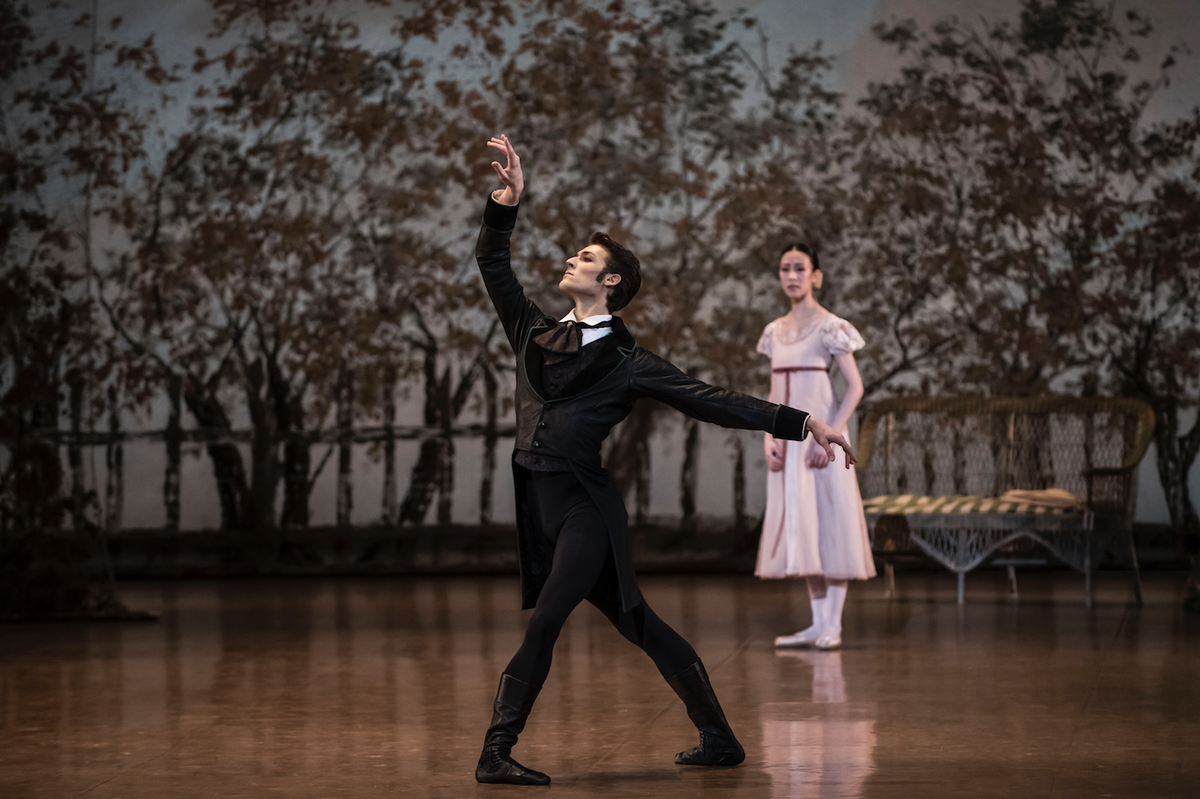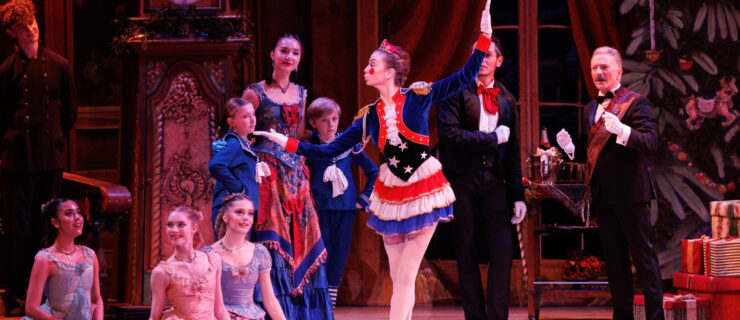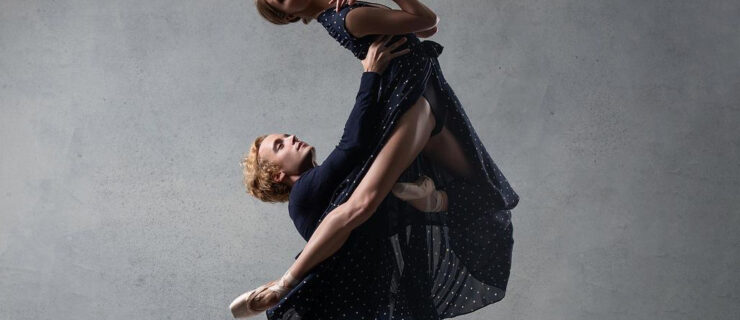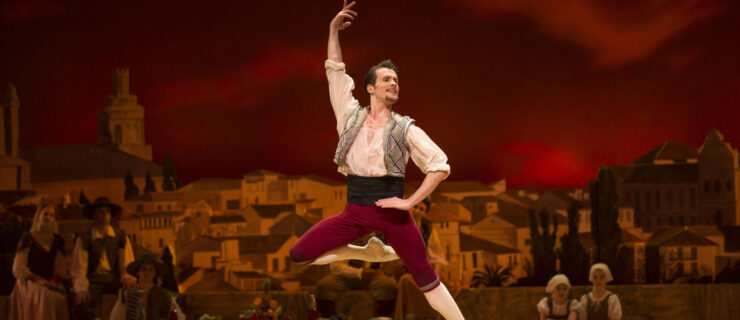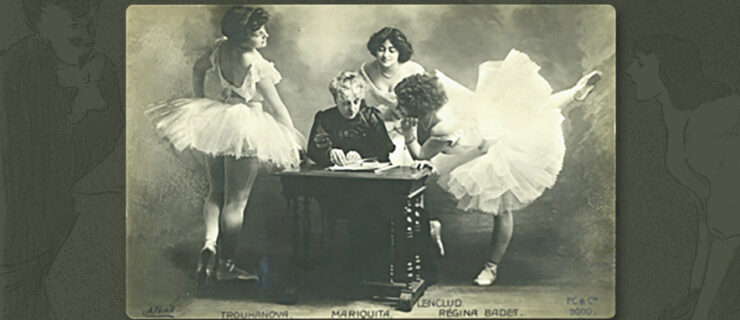How Paris Opéra's Hugo Marchand Becomes Onegin (And Why the Role Inspired Him to Study Acting)
Onegin isn’t a regular ballet character: He’s neither good nor bad, but gray, in between. I started by reading Alexander Pushkin’s verse poem, and I found it difficult. It portrays an emotional state that is very Russian: This existential melancholy in a man, Onegin, who is very educated, intelligent, but depressed. He’s also very selfish, and hurts the people around him without even really realizing it.
I didn’t think I would get to dance this role so early in my career. John Cranko’s Onegin is often given to mature, older dancers, but I believe young casts have something to bring to it, too, with the right coaching. Reid Anderson, who staged it at the Paris Opéra Ballet, showed me how to put more weight into a walk, how to use my hands more expressively, but he also told us to trust ourselves. In the Act I mirror pas de deux, for instance, I chose to be young and ardent, closer to myself, because Onegin is just Tatiana’s fantasy at this point: He doesn’t have to be dark anymore.
There were lots of moments where I really doubted my interpretation. What is difficult to portray is Onegin’s boredom. When this man in black with sideburns goes for a walk with Tatiana and ignores her, he could easily look mean or harsh, whereas he’s simply not interested in her. I was afraid the audience wouldn’t understand, because there are a lot of contrasting emotions to project while maintaining technical control.
The pas de deux in Onegin are the hardest I’ve ever done—harder than Manon‘s. They look slow, but actually they’re very fast: There’s practically a step for every note. And while in other ballets the man can take about 80 percent of the partnering work unto himself, here the woman needs to be as strong as he is. She does 50 percent of the work, and it’s a matter of coordination. The final pas de deux, at the end of Act III, is gorgeous but exhausting. The challenge is to stay lucid to ensure the partnering goes to plan, because Tatiana’s dress is big and slippery. The two keep missing each other: I think at this point Onegin is in love with the idea of being in love, not with Tatiana herself. He wants what he doesn’t have.
 Julien Benhamou, Courtesy Paris Opéra Ballet
Julien Benhamou, Courtesy Paris Opéra Ballet
Before the performances, I would keep to myself, because I needed to get into the atmosphere as well as into the historical period. My director, Aurélie Dupont, told me: You look very somber in the wings, it’s almost frightening. It was a real artistic and human challenge, and I’m still digesting it. Thanks to Onegin, I’ve also decided to take acting classes: I want to find even more clarity onstage with the characters that I play.
Tip:
“Researching the role way ahead of time is key,” says Marchand. “Onegin isn’t a ballet where you can just expect to be fed the choreography in rehearsal. You need to process what you learn, understand it, question it, understand it differently.”
